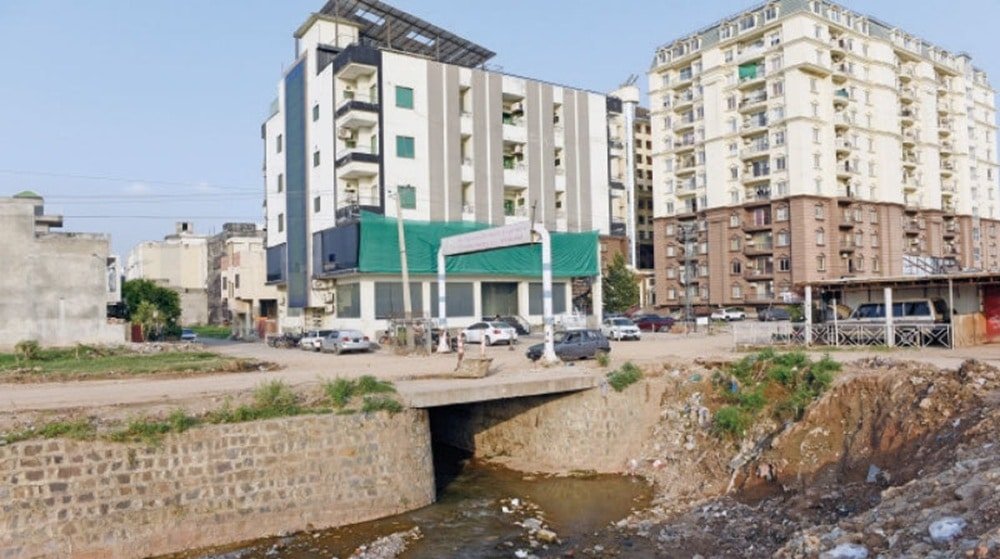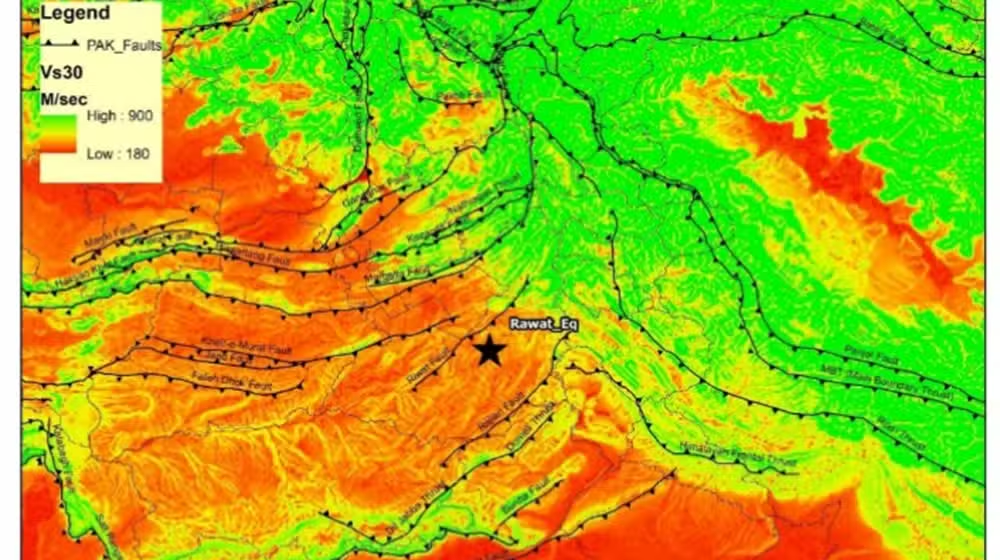Nullah Encroachments in Islamabad to Be Removed Under New Crackdown

Crackdown on Nullah Encroachments in Islamabad Gains Momentum
The Capital Development Authority (CDA) has launched an intensive campaign to demolish illegal structures and remove Nullah Encroachments in Islamabad. This bold step is part of a comprehensive flood mitigation strategy, aimed at restoring the natural drainage systems of the capital city. The recent heavy monsoon rains and flash floods have exposed the vulnerability of Islamabad’s urban infrastructure, especially where illegal constructions have blocked water channels.
According to CDA officials, the encroachments along stormwater drains (nullahs) have worsened the flood situation in several sectors of Islamabad. In response, the city administration is determined to eliminate all forms of Nullah Encroachments in Islamabad, regardless of the individuals or businesses involved. This sweeping operation has been launched after detailed surveys and coordination with the Islamabad Capital Territory (ICT) administration.
Scope and Areas Affected by Nullah Encroachments in Islamabad
The CDA has identified several key areas suffering from Nullah Encroachments in Islamabad, including G 7, G 9, F 6, F 7, I 9, and I-10 sectors. These residential and commercial zones have witnessed unregulated construction along nullahs, which not only blocks the natural flow of water but also creates health hazards and sanitation issues.
Illegal shops, boundary walls, garages, and even parts of houses have been found protruding into stormwater drains. These structures contribute to narrowing water channels, which causes overflow during rains and leads to urban flooding. The city administration has issued final notices and given occupants a brief window to voluntarily remove the encroachments before facing demolition.
Environmental and Infrastructural Impact of Nullah Encroachments in Islamabad
Experts have long warned that Nullah Encroachments in Islamabad could severely damage the city’s infrastructure and ecosystem. These encroachments prevent rainwater from being drained properly, creating stagnant pools that become breeding grounds for mosquitoes and other disease vectors. Additionally, the overflowing water seeps into roads and foundations, causing long-term structural damage.
Environmentalists have welcomed the CDA’s move, citing it as a necessary intervention to restore ecological balance in the capital. The nullahs are not just storm water pathways but also crucial parts of Islamabad’s natural landscape. Removing illegal structures along them will help reinstate biodiversity and reduce the urban heat island effect.
Legal and Policy Framework Addressing Nullah Encroachments in Islamabad
The operation against Nullah Encroachments in Islamabad is being conducted under the Islamabad Capital Territory Zoning Regulations and Building Control Rules. According to these regulations, no construction is allowed within a specified buffer zone around natural drains. However, due to lax enforcement in previous years, many residents and commercial entities took advantage of the situation.
Now, with court backing and political will, the CDA is pursuing a zero tolerance policy. Several legal notices have already been served, and follow up actions include sealing off properties and imposing heavy fines. Residents have been advised to cooperate, as resistance may lead to stricter legal consequences.
Public Awareness Campaigns to Prevent Future Nullah Encroachments in Islamabad
To complement the demolition drive, the CDA has initiated a city wide awareness campaign on the hazards of Nullah Encroachments in Islamabad. Pamphlets are being distributed, community meetings are being held, and social media is actively being used to educate citizens on the importance of preserving natural waterways.
Public service messages urge residents to report any illegal construction activities and to avoid dumping garbage into storm drains. Schools and colleges are also being involved in the campaign to instill responsible civic behavior in the youth. The ultimate goal is not only to remove existing encroachments but also to prevent new ones from emerging.
Technical Interventions to Revamp Nullahs in Islamabad
Besides removing Nullah Encroachments in Islamabad, the CDA is also investing in modernizing the drainage infrastructure. Plans include widening and deepening the existing nullahs, installing protective barriers, and integrating digital monitoring systems.
Engineers are evaluating different sectors for feasibility studies, with support from urban planners and hydrologists. Smart sensors and CCTV cameras are expected to be installed in high-risk zones to provide real-time updates on water flow and blockages. This technological intervention aims to make the system more resilient to climate change-induced rainfall patterns.
Challenges in Addressing Nullah Encroachments in Islamabad
Despite the momentum, clearing Nullah Encroachments in Islamabad is no easy task. Many of the encroachments are politically backed or belong to influential landowners. There are also legal hurdles, as some residents possess partial documentation or are unaware of the zoning regulations.
Moreover, relocating affected families and businesses poses a humanitarian challenge. The CDA is working with NGOs and social services to provide temporary relief and relocation assistance. However, the process remains sensitive, and mishandling could spark public backlash.
Comparisons with Other Cities Facing Similar Issues
Nullah Encroachments in Islamabad mirror similar problems in other Pakistani cities like Lahore and Karachi, where unchecked urban sprawl has disrupted natural drainage systems. The difference lies in Islamabad’s status as a planned city, where such encroachments are more easily traceable and preventable.
By tackling these issues head on, Islamabad could set a precedent for other cities. Urban planners across Pakistan are watching closely, as the success of this operation could lead to a nationwide campaign against illegal constructions along nullahs.
Conclusion: Restoring Natural Drainage and Urban Order
In conclusion, the campaign against Nullah Encroachments in Islamabad is a timely and essential move to restore the capital’s resilience against flooding and environmental degradation. While challenges remain, especially in terms of enforcement and rehabilitation, the government’s commitment to a clean and sustainable city is commendable.
It is critical that all stakeholders government agencies, residents, civil society, and the media play their part. Only through collective action can Islamabad remain a model city for Pakistan and a livable, safe space for future generations.
Final Outlook: Future of Urban Drainage in Islamabad
Going forward, the CDA plans to maintain strict vigilance to prevent future Nullah Encroachments in Islamabad. New bylaws are being drafted to tighten construction regulations, and community participation will be encouraged in urban management.
The transformation of Islamabad’s drainage network is more than just a demolition campaign, it is a call to restore the capital’s natural harmony and protect it from the devastating impacts of climate change. If executed successfully, the removal of Nullah Encroachments in Islamabad will mark a major step toward achieving long-term urban sustainability.



